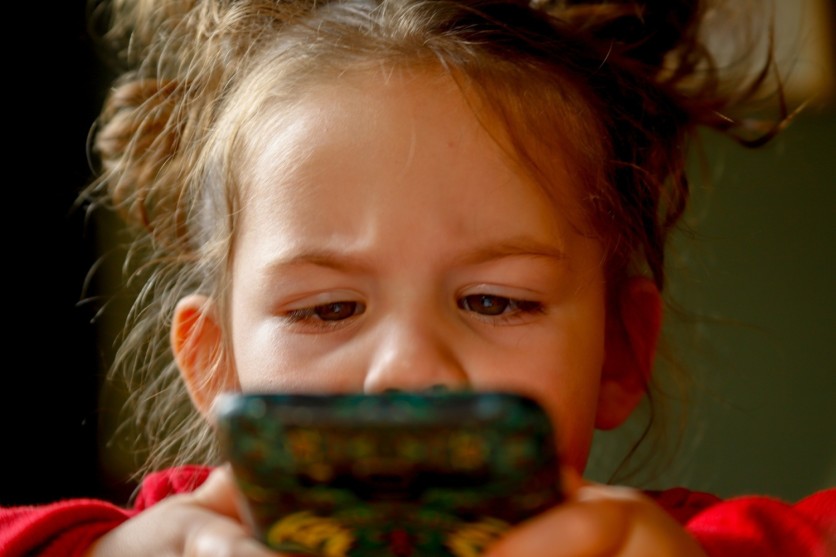A new study conducted by researchers at the Norwegian University of Science and Technology (NTNU) has challenged the common belief that social media is linked to depression in children and young adults.
The study titled "Social media behaviours and symptoms of anxiety and depression: A four-wave cohort study from age 10-16 years" aimed to investigate the impact of platforms like Instagram, Snapchat, and TikTok on young people's mental health.

Social Media's Correlation to Anxiety and Depression
Professor Silje Steinsbekk from NTNU's Department of Psychology led the research. Contrary to the widespread concern among parents and guardians, the study found no significant correlation between increased use of social media and the development of symptoms of anxiety and depression in children aged 10 to 16.
The research followed 800 children in Trondheim over six years, collecting data every two years to track changes in mental health symptoms. The findings remained consistent across genders regardless of whether participants posted content or engaged with others' posts.
The researchers also noted that there was no indication that those who experienced an increase in symptoms of anxiety and depression over time changed their social media activities. The research also addressed concerns about body image.
Earlier work by Steinsbekk's team found that girls who liked and commented on others' posts developed poorer body image over time, while boys did not experience this effect.
However, posting to their own social media accounts did not affect self-esteem for either gender. Despite these findings, Steinsbekk acknowledged that social media has both positive and negative aspects.
The study noted that social media can provide a sense of community and belonging, facilitating connections with friends and family. It can also serve as a platform for social support, particularly for young people with fewer friends.
"Our study finds that if Kari or Knut increasingly like and post on Instagram or Snapchat, they are no more likely to develop symptoms of anxiety and depression," Steinsbekk said in a statement.
"But that doesn't mean that they are not having negative experiences on social media or feeling addicted or excluded. Some youths may be particularly vulnerable, and those are the individuals we need to identify," she added.
No Direct Link to Social Media
The researchers emphasized the complexity of the relationship between social media and mental health. While the study found no direct link between social media use and depression symptoms, it acknowledged that certain individuals might still experience negative effects or feelings of addiction and exclusion.
The team intends to further investigate different experiences on social media, such as cyberbullying and sharing explicit content, to gain a deeper understanding of their impact on young people's development and functioning.
The Trondheim Early Secure Study has been gathering information from parents and children since the participants were four years old. This fall is the ninth data-gathering round, and researchers expect to continue understanding the complicated relationships between social media and mental health.
"Young people's use of social media is a topic that often creates strong emotions in people. There is a lot of concern among both parents and professionals," Steinsbekk said.
"We are hoping to contribute more knowledge about how social media affects young people's development and ability to function in society. Who is particularly vulnerable? Who benefits from social media? Does the way in which social media is used matter?" she added.
Related Article : Kidulting: How Does This Trend Help Improve Mental Health?

![Apple Watch Series 10 [GPS 42mm]](https://d.techtimes.com/en/full/453899/apple-watch-series-10-gps-42mm.jpg?w=184&h=103&f=9fb3c2ea2db928c663d1d2eadbcb3e52)



